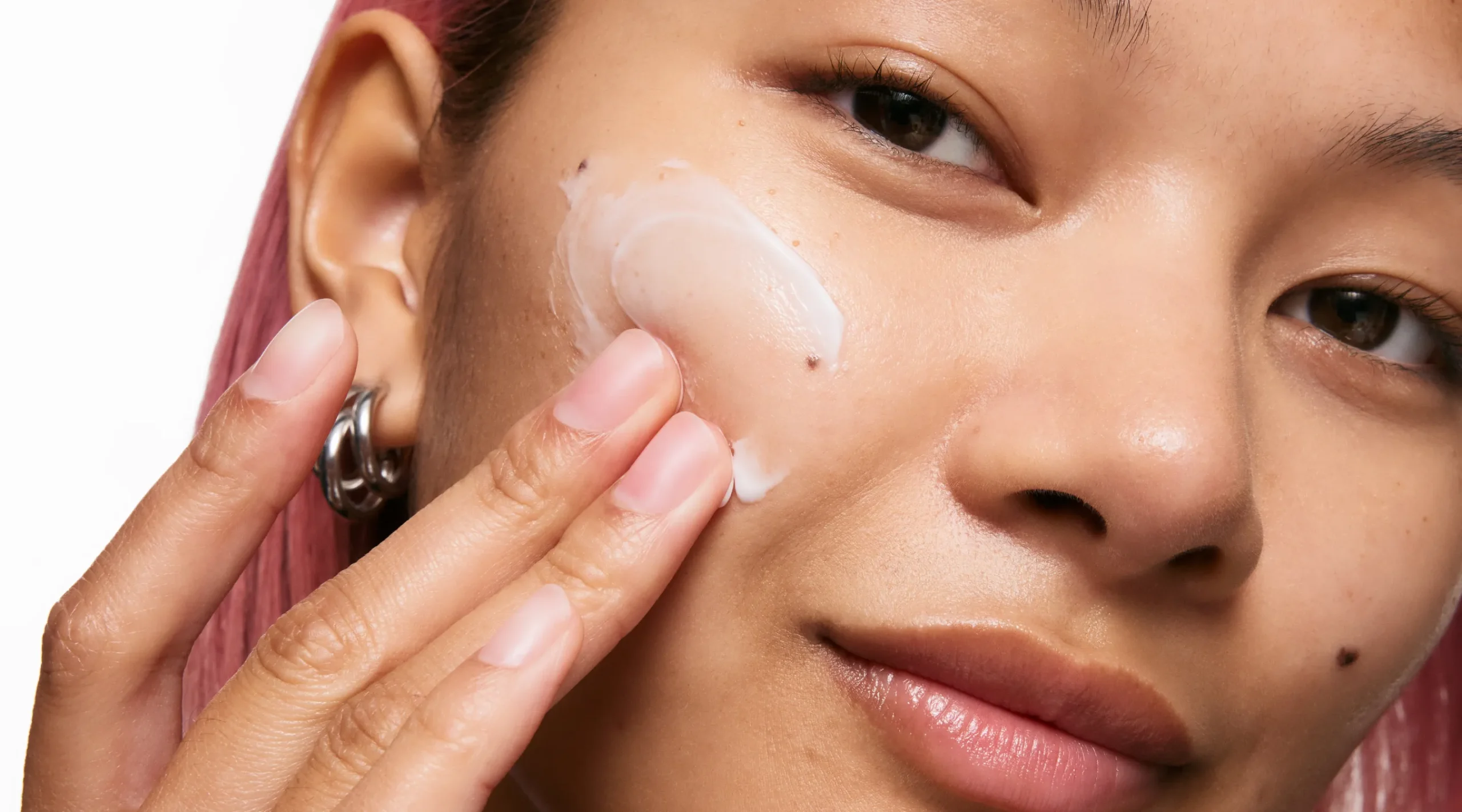Is it possible to use Vitamin C and Tretinoin? Yes. These are two of the most recognized topical anti-aging skin treatments on the market. But how does using it work? Read on!

Can I use vitamin C with tretinoin? Sure! Both have been shown to be beneficial to collagen production, and both contain added benefits that can give your skin the extra kick it needs to recover from damage and give you a youthful glow.
As both have been shown to be safe and effective, many women are probably asking themselves.
The combination is complicated, naturally, but there are ways that you can use both treatments to your benefit without causing any harm to your face. You just have to know how they react with one another.
What are the Benefits of Combining Both Tretinoin and Vitamin C?
Retinols like tretinoin, which has been prescribed by dermatologists since the ’60s, have been shown to increase the synthesis of collagen.
They’re also effective at helping your epidermis shed dead skin cells more effectively, making room for the new, healthier cells to emerge.
Meanwhile, vitamin C is one of the most important things in enabling your skin to retain a healthy glow and is extremely helpful in fighting sun damage.
Sunlight beats your skin all day long. Vitamin C is the usual primary antioxidant to fight free radicals caused by UV radiation, which if left unchecked will wreak havoc in the normal process of cell regeneration and collagen synthesis in the dermis.
With diminished vitamin C, your skin lacks the proper equipment to deal with the free radicals caused by radiation. Using vitamin C will help give your skin the protection it needs so that healthy cell regeneration can go on uninterrupted.
Can You Use Them at the Same Time?

The short answer to whether you can use retinol and vitamin C treatments at the same time is yes. But the longer answer is how to figure out what “the same time” is.
Concurrent treatment with both retinol and vitamin C is possible, and it’s mostly safe to use them both daily.
But there are some factors to consider before jumping on the two-a-day bandwagon, like whether you’ve used either compound in the past and how sensitive your skin is.
You will have to be careful when combining the two, at least initially, as your skin will be sensitive to the immediate combination of both drugs, particularly as both are active treatments.
For example, your skin can swell if you apply a serum containing vitamin C (which is acidic in nature) and a retinol cream, or if you apply a retinol serum along with a prescription retinol cream.
Irritation is a known potential side effect of both medications, particularly with over-the-counter prescription retinol products like tretinoin, whose side effects are irritation, redness, and peeling in certain cases with certain skin types.
Can They Be Combined?
There is a considerable difference between applying retinol and vitamin C at the same time and introducing the two to each other for concurrent usage.
Apart from risks of irritating the skin through starting two categories of skin therapies concurrently, there are possible hazards from using them concurrently as well.
Conventionally, this has been advised against for a few reasons. First of all, vitamin C and retinol have different solubility requirements. Vitamin C is soluble in water, whereas vitamin A compounds are soluble in oil.
Used separately, topical creams and serums don’t cause each other problems, but if you’re layering the two, it can make both treatments less effective.
In the old days, there were also presumptions regarding the effectiveness of these treatments that involved pH levels—these treatments worked better at opposing pH levels, and using two treatments might make for a less good experience.
These days, pre-combined cosmetic products have been found in small studies to provide a stable, effective way to use both vitamin C and retinol simultaneously.
Last Words
There’s much more data to show that using these two treatments in combination can make a significant difference to your skin health.
And putting them everywhere throughout your day doesn’t only allow the ingredients to get a grasp more effectively; it allows your skin to have time to recover and rebalance between each session.
As vitamin C is your sunscreen-battler, it’s logical to start the day off with a treatment (and slathering on a derm-recommended SPF, naturally). Retinol will also make your skin more sensitive to the sun, so avoid that as a morning routine and reserve it for an evening treatment.
One of the most potent retinoids is prescription tretinoin. Learn more about tretinoin here, and see if it’s right for you.
